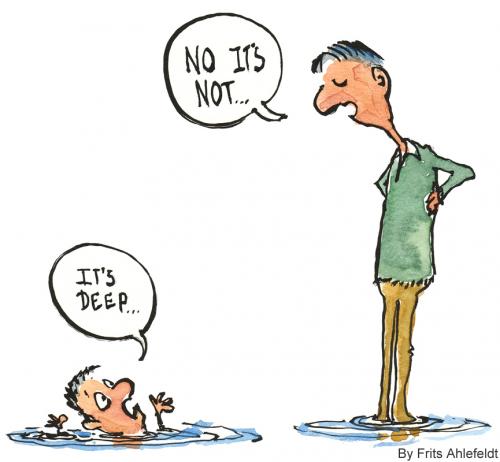
Today we held a great collaborative coding session where a project was presented with focus groups held at three time points..we split the group in three, allocated transcripts from each time point and then came together after discussion in each group to compare notes as across the whole project...
This got me thinking about the best procedure to run such team reflections and how it can draw directly from Post-Milan Systemic Family Therapy reflecting teams
A 5 step reflecting process for collaborative coding....
1. Step 1...each group reads transcripts
2. Each team discusses meaning
3. Each team shares their analysis with each other while the researcher remains silent
-This discussion should start with affirmations directed to the researcher before constructive comments
-This discussion should always be tentative "Iwas wondering....."
4. The researcher is then asked what interested her the most about the process
5. The group is asked how this relates to their own projects
The allocation of discussion groups ca be made in many ways: analyse using different theories/look at transcripts from those with specific attributes/compare data from different data collection methods...ie: supports triangulation...


